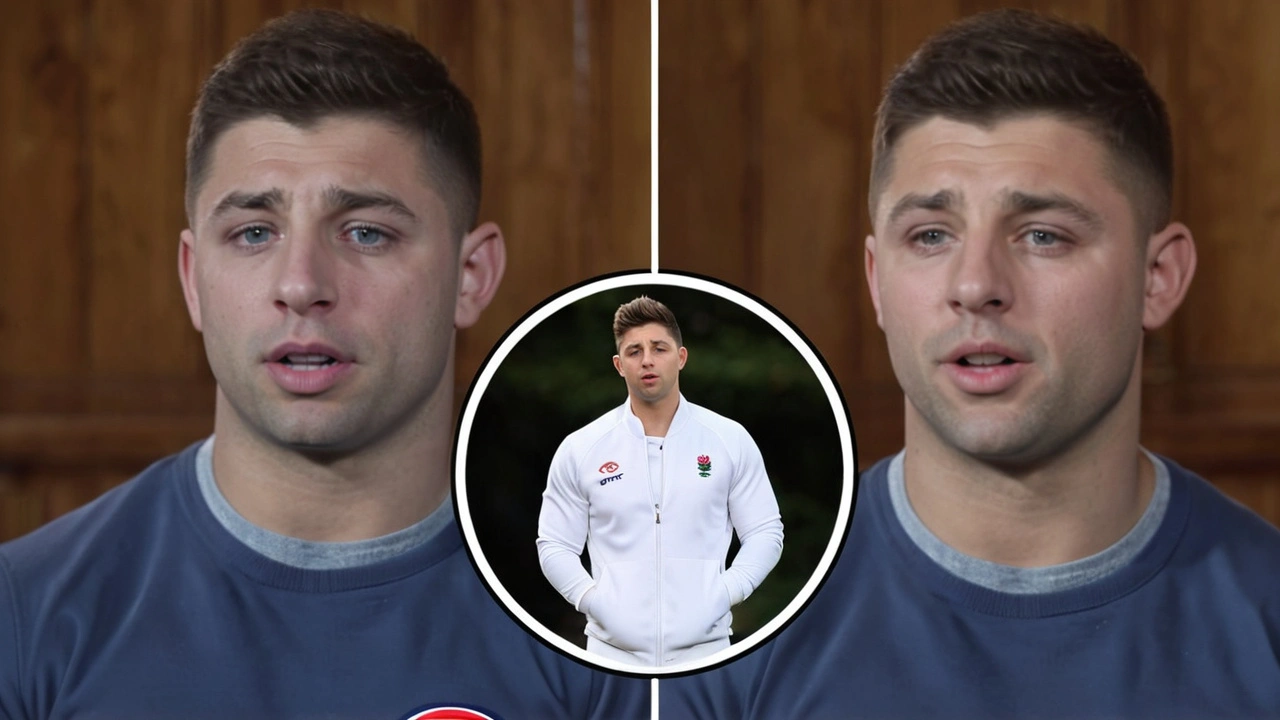Heart surgery: practical guide for patients and families
Heart surgery can feel terrifying, but knowing the steps helps you stay calm and in control. This guide explains what happens before, during and after common heart operations like bypass, valve repair or replacements. Read on to know how to prepare, what to expect in the operating room, and how recovery usually goes.
Before surgery
Talk clearly with your surgeon about the diagnosis, the goal of surgery, and alternatives. Ask: Why do I need this now? What are the risks and benefits? How long is the operation and hospital stay? Who will be on the surgical team? What are the chances of complications like bleeding, infection, stroke or heart rhythm problems? Also ask about medicines to stop or continue and whether you need tests like blood work, chest X-ray or CT scan. Plan practical things: arrange transport home, prepare your home for limited mobility, and line up someone to help with meals and medicines.
Day of surgery — You will meet the team, sign consent, and change into a gown. Nurses place IV lines and monitoring devices. An anesthetist explains general anesthesia and answers questions. For open-heart surgery the team will use a heart-lung machine; for minimally invasive procedures they use smaller cuts and special scopes. The operating time varies from a couple of hours to much longer if complications occur. Expect to wake up in an intensive care unit where nurses monitor your heart, breathing and fluids closely.
After surgery and recovery
Early recovery focuses on pain control, breathing exercises and preventing blood clots. You may get physical therapy the day after surgery to sit up and walk short distances. Expect drains and temporary tubes that are removed in days. Most people stay in hospital from a few days to one week after minimally invasive work, or longer after major open-heart operations. Full recovery takes weeks to months. Follow-up visits check wound healing, medications and heart function.
How to manage risks and speed recovery — Take medicines exactly as prescribed, especially blood thinners, heart drugs and antibiotics. Keep wounds clean and report fever, increased pain, swelling or breathlessness right away. Gradually increase activity as the team advises; avoid heavy lifting for at least six weeks after open-heart surgery. Eat protein-rich foods, stay hydrated and quit smoking to help healing. Cardiac rehab programs help rebuild strength and teach safe exercise and heart-friendly lifestyle habits.
Questions to keep handy for your surgeon — 1. What exact procedure will you do? 2. What are the realistic outcomes for my age and health? 3. How long will recovery take? 4. What warning signs require immediate care? Bring a list of medicines and a support person to appointments.
Emotional and financial tips: Recovery is tough mentally and financially. Talk to social worker about costs, arrange sick leave, and look into insurance coverage. Join a support group or online forum to share tips and get encouragement. Learn basic CPR and know your emergency plan. Keep a diary of symptoms and medication changes to report at follow-ups. Small steps add up. Start today.
Ben Youngs Declares Return to Rugby After Successful Heart Surgery
By Sfiso Masuku On 24 Jul, 2024 Comments (17)

Ben Youngs, the former England scrum-half, announced he will resume his rugby career after undergoing heart surgery to address supraventricular tachycardia. The 34-year-old player experienced a collapse during a Leicester Tigers training session, leading to a diagnosis and subsequent surgery. With a high success rate, Youngs is geared up for the new season in September.
View More




